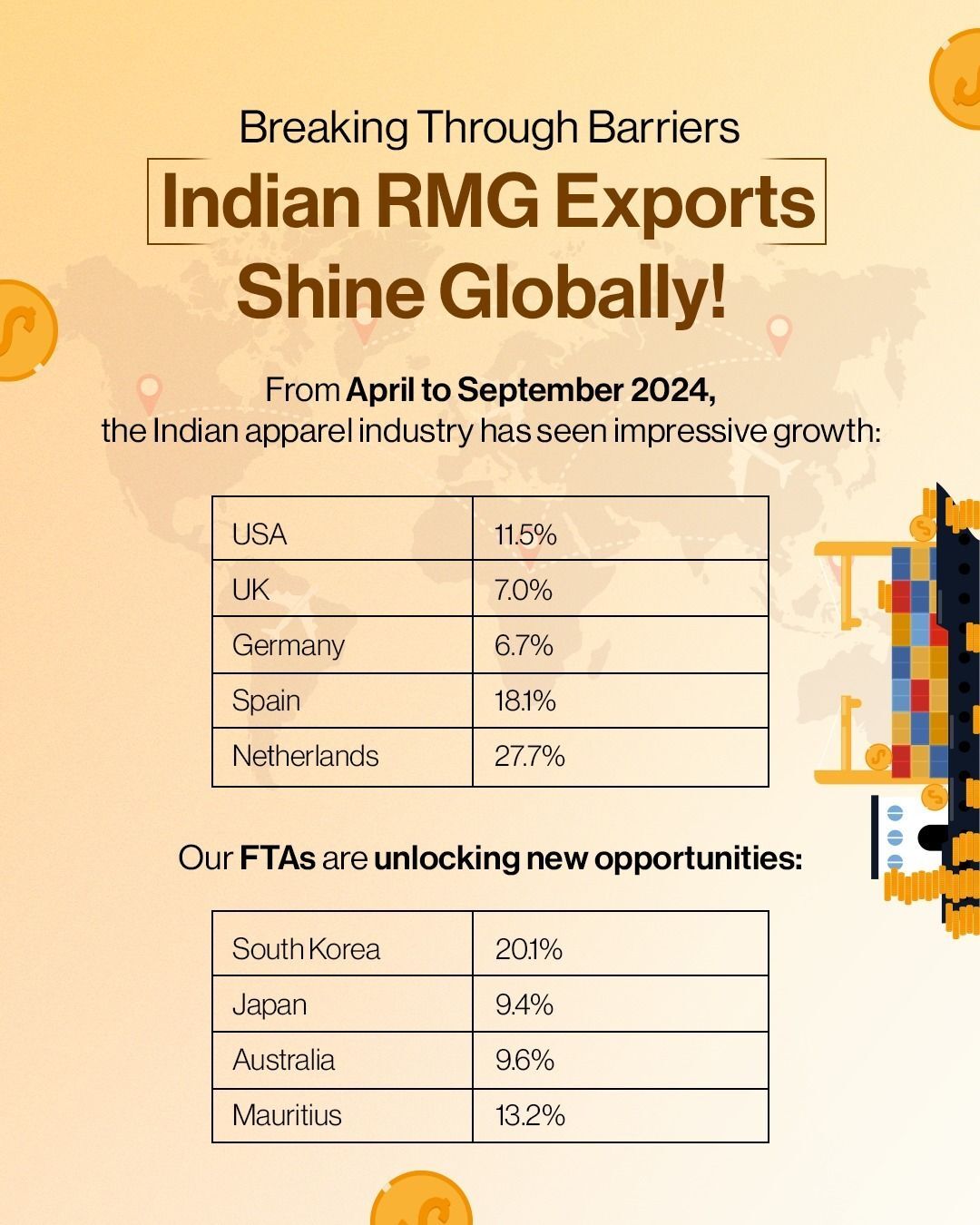Formerly known as the Sustainable Apparel Coalition, Cascale is extending its focus beyond apparel to encompass home furnishings, sporting and outdoor goods, as well as bags and luggage. This expansion marks a significant shift for the global nonprofit organisation, which aims to enhance the social and environmental sustainability of the fashion industry.
With a membership boasting over 300 retailers, brands, manufacturers, governments, academics, industry associations, and NGOs, including prominent names like Abercrombie & Fitch, Amazon, and Carrefore, Cascale is poised to drive change across various consumer goods sectors. The decision to rebrand reflects the coalition's aspiration for scaling impact amid the urgent need to address the environmental footprint of the wider consumer goods industry, which contributes significantly to global carbon emissions.
Rick Ridgeway, Co-founder, Cascale and Former Vice President - Sustainability
and Public Engagement, Patagonia, says, it is important to reduce emissions across consumer goods, which collectively account for approximately 60 per cent of global emissions. The coalition's primary objective has always been to effect substantial reductions in environmental impact across industries, he emphasises.
However, Cascale encountered challenges regarding the credibility of its measurement tools, particularly highlighted by Norway's consumer watchdog in 2022. Concerns were raised regarding the reliability of data from the Higg Materials Sustainability Index, which could potentially mislead consumers when used for marketing products. In response, Cascale initiated corrective measures, including the launch of the Higg Facility Environmental Module (FEM) 4.0, aimed at enhancing data accuracy and aligning with industry standards.
Acknowledging the concerning trends in environmental metrics such as global warming, biodiversity loss, and deforestation, Ridgeway attributes part of the problem to inadequate regulations that fail to discourage harmful practices. However, he expresses optimism, citing legislative proposals in the European Union, New York, and California as potential catalysts for change.
Looking ahead, Ridgeway envisions a future where sustainability is intrinsic to product offerings, where the cheapest t-shirt or product on the shelf also boasts the lowest carbon emissions, water use, and waste.












